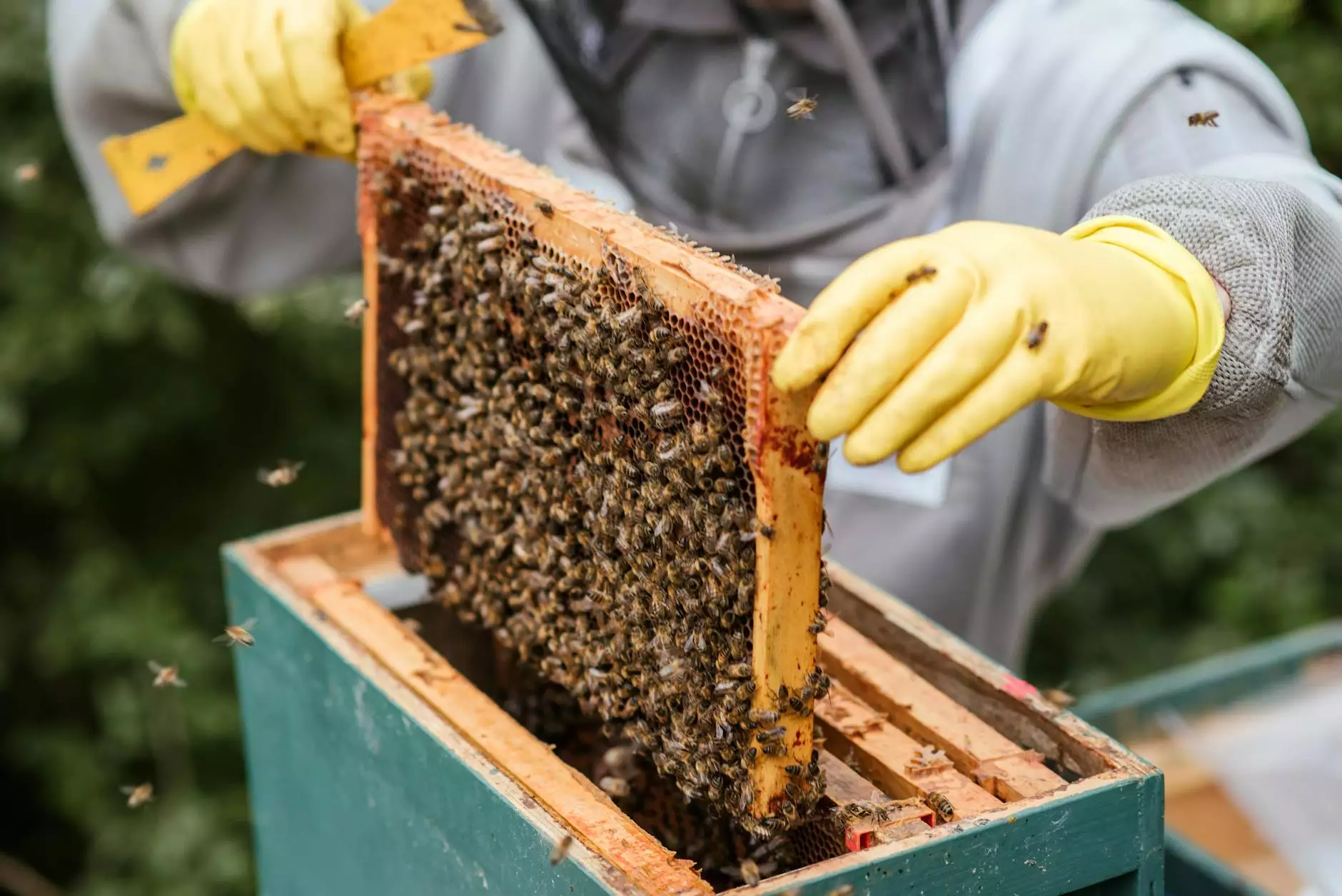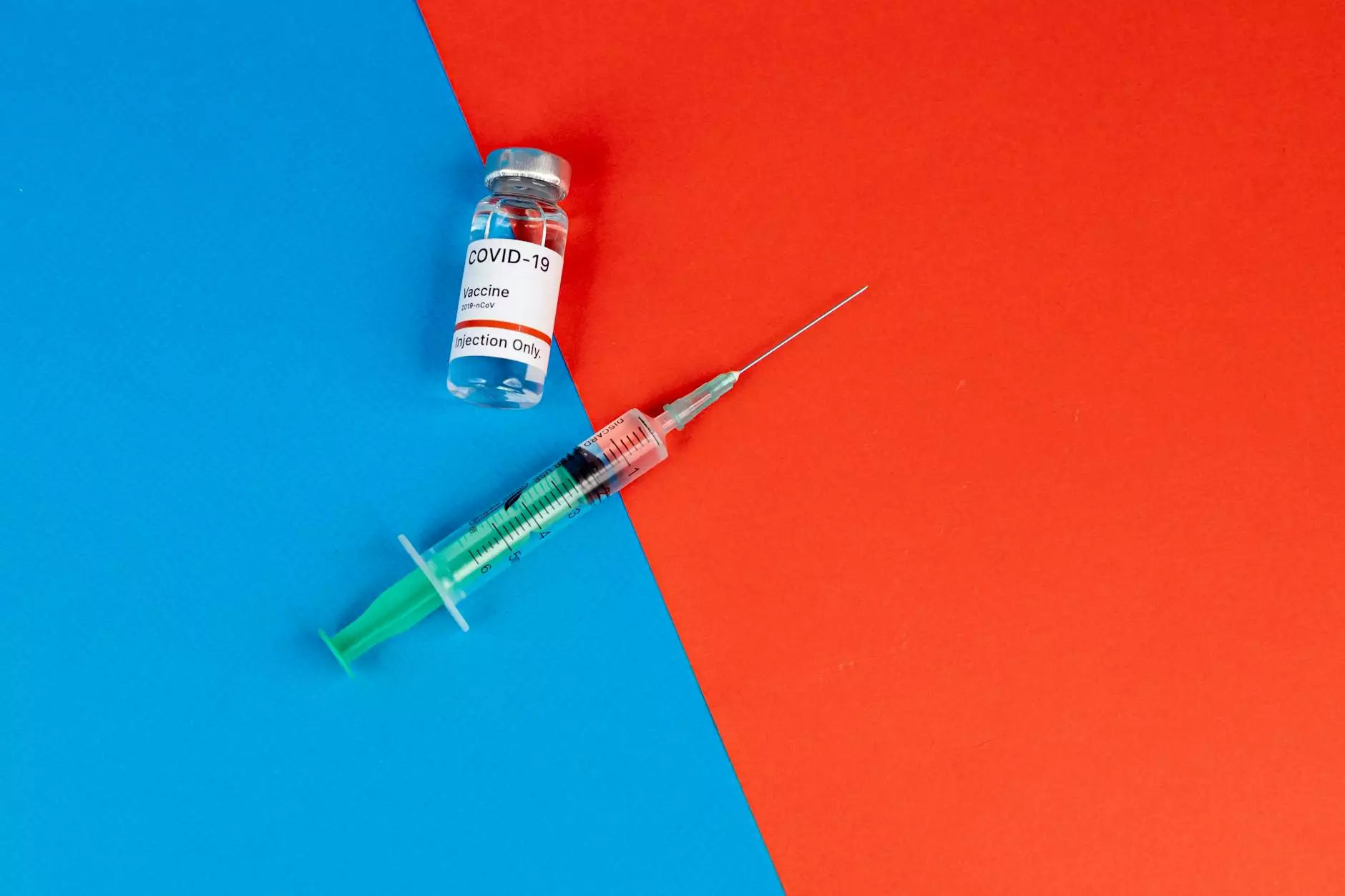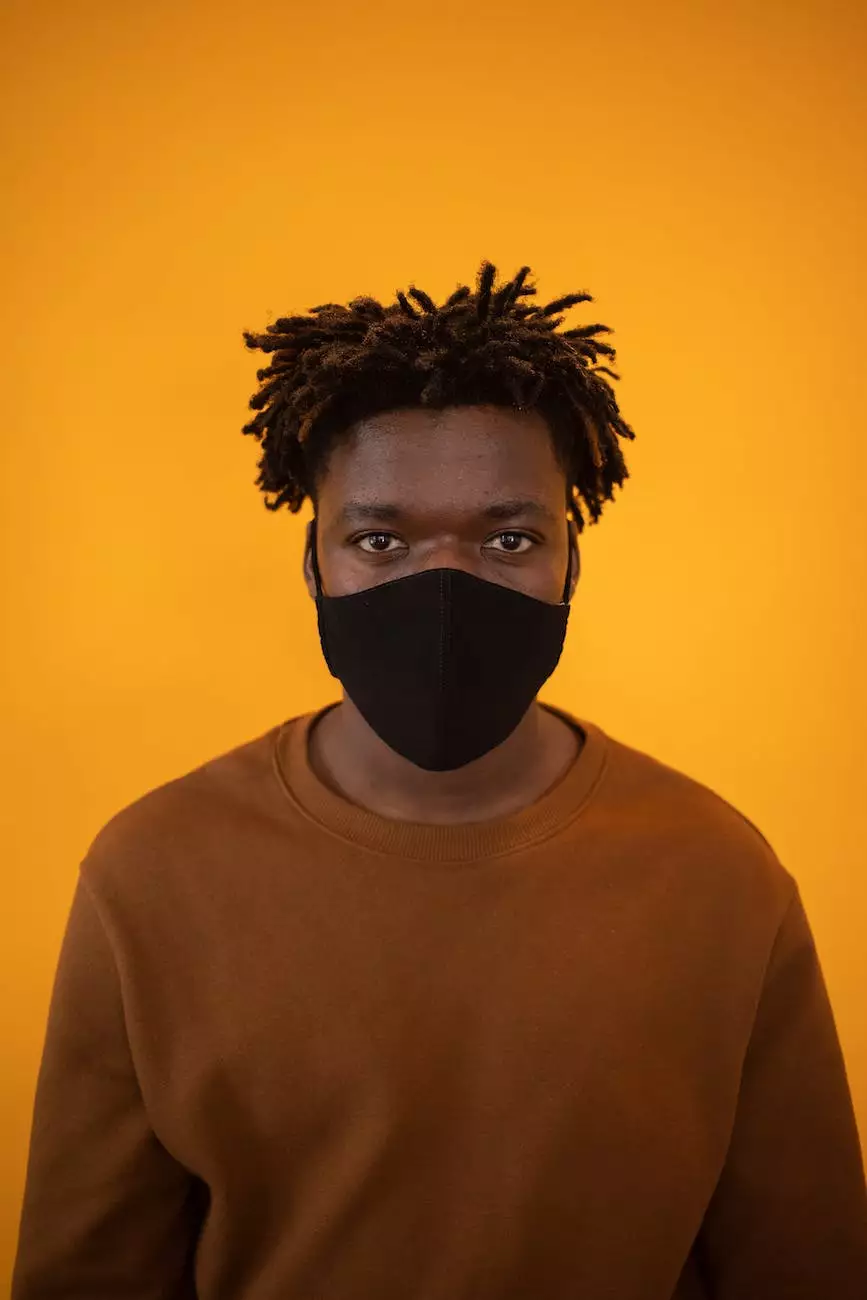Protéjase contra las mordeduras y picaduras de insectos
Health
The Importance of Protecting Yourself
Insects are a common nuisance and can often pose health risks through their bites and stings. At Muir Diablo Occupational Medicine, we understand the importance of protecting yourself against insect-related illnesses and discomfort. In this comprehensive guide, we provide valuable information and tips on how to prevent and treat insect bites and stings.
Understanding Insect Bites and Stings
When an insect bites or stings, it injects venom or saliva into the skin. This can cause a range of reactions, from mild irritation to severe allergic responses. It is crucial to identify the type of insect responsible for the bite or sting to determine the appropriate treatment.
Common Insects and Their Bites/Stings
There are various insects that commonly bite or sting humans. Some of the most prevalent ones include:
- Mosquitoes: Mosquito bites can cause itching, swelling, and in some cases, transmit diseases such as malaria and dengue fever.
- Bees and Wasps: Bee and wasp stings can be painful and cause localized swelling. In individuals allergic to their venom, stings can lead to severe reactions, requiring immediate medical attention.
- Ticks: Tick bites can transmit Lyme disease, which can cause flu-like symptoms and, if left untreated, lead to more severe complications.
- Ants: Fire ants and certain species of biting ants can cause painful stings, leading to itchy, raised, and often pus-filled blisters.
- Spiders: While most spider bites are harmless, certain species can cause severe reactions. The black widow and brown recluse spiders, for example, can cause necrotic skin lesions and systemic symptoms.
Preventing Insect Bites and Stings
Prevention is key when it comes to protecting yourself against insect bites and stings. Here are some valuable tips to help you minimize the risk:
1. Use Insect Repellent
Apply insect repellent containing DEET or other recommended active ingredients to exposed skin surfaces. This will help deter insects from landing and biting or stinging you.
2. Wear Protective Clothing
When venturing outdoors, especially in areas known for high insect activity, wear long sleeves, long pants, socks, and closed-toe shoes. Tucking your pants into your socks can provide extra protection against ticks and crawling insects.
3. Avoid Peak Insect Activity Times
Many insects are most active during dusk and dawn. If possible, limit your outdoor activities during these times to minimize exposure to biting and stinging insects.
4. Use Bed Nets in Malaria Areas
If you live or are traveling to areas where malaria is prevalent, sleep under a bed net treated with insecticide to protect yourself from mosquito bites during the night.
Treating Insect Bites and Stings
If you do get bitten or stung by an insect, it is important to know how to properly treat the affected area:
1. Clean the Area
Wash the bitten or stung area with mild soap and water to remove any venom or saliva that may be present.
2. Reduce Swelling and Itching
Applying a cold compress or ice pack to the affected area can help reduce swelling and itching. Over-the-counter antihistamines and corticosteroid creams can also provide relief.
3. Seek Medical Attention
If you experience severe symptoms such as difficulty breathing, widespread swelling, or signs of an allergic reaction, seek immediate medical attention. These could be signs of a more serious condition that requires medical intervention.
When to Consult a Doctor
While most insect bites and stings can be treated at home, there are instances when medical consultation is necessary. Consult a doctor if:
- The symptoms worsen or persist for an extended period.
- There is a significant allergic reaction, including difficulty breathing or swallowing.
- You suspect or have been exposed to a disease transmitted by insects, such as Lyme disease or malaria.
- The bite or sting is from a venomous spider or scorpion.
Trust Muir Diablo Occupational Medicine for Your Health
At Muir Diablo Occupational Medicine, we prioritize your health and well-being. Our expert team is dedicated to providing comprehensive occupational health services, including guidance on insect bites and stings prevention, treatment, and management.
For more information, contact us at [insert contact details] or visit our website at [insert website URL]. Protect yourself against insect bites and stings with Muir Diablo Occupational Medicine today!




